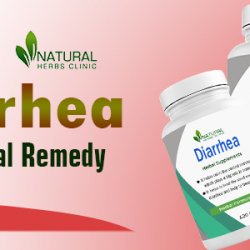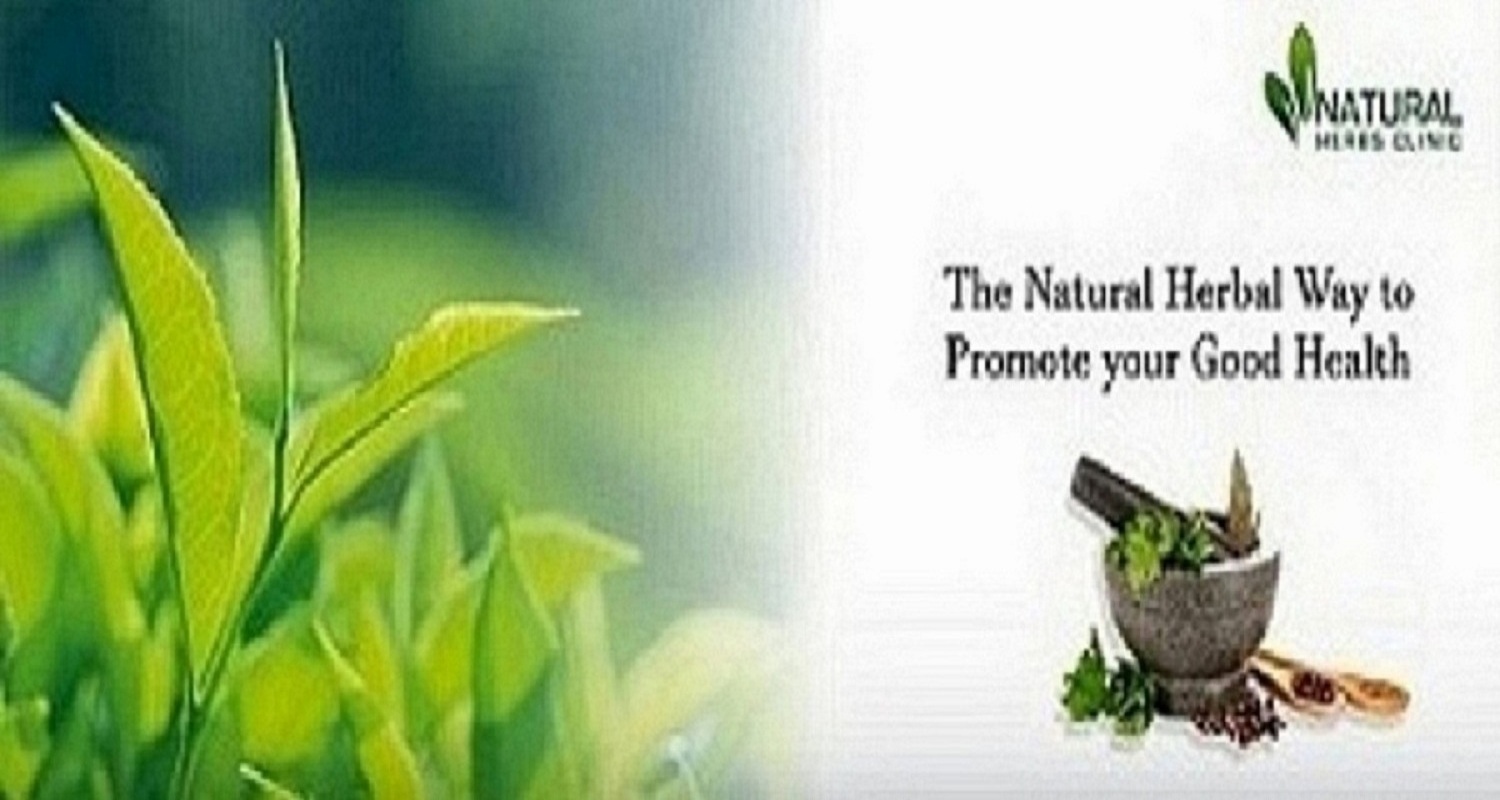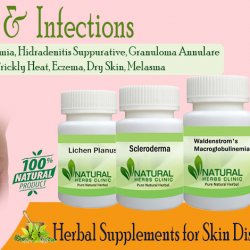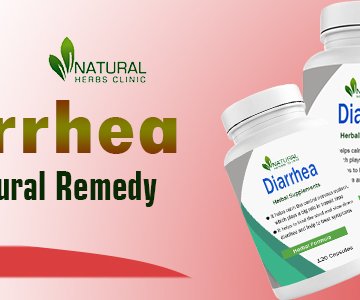Discover Soothing Relief with Eczema Care Herbal Alternatives

Each ingredient in our Eczema Care Herbal Alternatives is carefully handpicked for its soothing properties. From chamomile to calendula, we’ve combined nature’s finest botanicals to create a formula that nurtures and restores skin health.

Introduction
Eczema, a common skin condition characterized by redness, itching, and inflammation, can be a source of discomfort and frustration for many. While there are various treatment options available, an increasing number of individuals are turning to herbal alternatives for eczema care. These Home Remedies for Eczema offer a holistic approach to managing eczema symptoms and promoting skin health without the potential side effects associated with certain conventional treatments. In this article, we’ll explore some of the key herbal alternatives that have gained popularity in eczema care.
Common Symptoms of Eczema
1. Itching (Pruritus)
Intense itching is perhaps the most recognizable symptom of eczema. The affected skin becomes incredibly itchy, often leading to excessive scratching. However, scratching only exacerbates the condition, leading to more inflammation and potentially breaking the skin’s protective barrier.
2. Inflammation and Redness
Eczema-prone skin tends to become inflamed and red due to the body’s immune response. This inflammation can cause discomfort, pain, and a visible change in the skin’s appearance. The skin may also feel warm to the touch.
3. Dryness and Scaling
The skin affected by eczema often becomes dry, rough, and scaly. This dryness occurs due to a compromised skin barrier that fails to retain moisture effectively. The dry patches can be itchy and may even crack, leading to pain and potential infection.
4. Rashes and Blisters
Eczema can lead to the formation of rashes, which can vary in appearance. In some cases, small blisters may form, which can ooze and then crust over. These blisters can be very uncomfortable and make the skin even more susceptible to infection.
5. Thickened Skin (Lichenification)
Continued scratching and rubbing of the affected areas can lead to thickened and leathery skin. This condition, known as lichenification, is a response to chronic irritation and inflammation.
Underlying Causes of Eczema
1. Genetics
A strong genetic component is associated with eczema. If a person has a family history of eczema, allergies, or asthma, they are more likely to develop the condition.
2. Skin Barrier Dysfunction
Individuals with eczema often have a compromised skin barrier, which allows moisture to escape and irritants to penetrate. This results in dryness, inflammation, and susceptibility to allergens and irritants.
3. Immune System Response
Eczema is linked to an overactive immune system response. The immune system reacts to perceived threats, leading to inflammation and itching.
4. Environmental Factors
Exposure to certain environmental factors, such as harsh weather conditions, irritants like detergents and soaps, and allergens like pollen or pet dander, can trigger eczema flare-ups.
5. Allergic Reactions
Some individuals with eczema have allergic reactions to certain foods, airborne allergens, or contact allergens. These reactions can exacerbate eczema symptoms.
Understanding the symptoms and underlying causes of eczema is crucial for effectively managing the condition. While eczema can be challenging to deal with, there are various treatments and lifestyle adjustments that can help control symptoms and improve the quality of life for those affected. If you or a loved one are experiencing eczema symptoms, it’s advisable to consult a dermatologist for proper diagnosis and personalized treatment recommendations.
Key Eczema Care Herbal Alternatives and Their Benefits
1. Chamomile
Chamomile, known for its calming properties, has been used for centuries to alleviate skin irritations. Its anti-inflammatory and anti-itching effects make it a valuable herbal alternative for eczema sufferers. Chamomile’s soothing qualities can help reduce redness and itching, providing much-needed relief. It can be used as a topical application in the form of chamomile-infused creams or ointments, as well as in soothing baths.
2. Calendula
Calendula, derived from marigold flowers, is another one of the potent Herbal Supplements for Eczema. Its natural anti-inflammatory and antiseptic properties can aid in soothing inflamed skin and preventing infection. Calendula creams or oils can be applied to affected areas to reduce itching and promote healing. Regular use of calendula-based products can contribute to maintaining the skin’s moisture balance, a crucial aspect of eczema management.
3. Oatmeal
Oatmeal, a kitchen staple, can also work wonders for eczema-prone skin. Rich in compounds that help lock in moisture and soothe irritation, oatmeal can be used in various ways. Oatmeal baths are particularly popular, as they create a protective barrier over the skin, providing relief from itching and discomfort. Oatmeal-based creams and lotions offer a convenient option for daily moisturizing and symptom management.
4. Coconut Oil
Coconut oil is a versatile herbal remedy known for its nourishing and moisturizing properties. For individuals with eczema, it can help alleviate dryness and reduce itching. Coconut oil contains fatty acids that reinforce the skin’s natural barrier, preventing moisture loss. Its anti-inflammatory effects contribute to calming irritated skin. Regular application of coconut oil can improve skin hydration and overall comfort.
5. Aloe Vera
Aloe vera, often associated with soothing sunburns, can also be beneficial for eczema-prone skin. Its gel-like substance contains vitamins, enzymes, and amino acids that promote skin healing and reduce inflammation. Aloe vera’s moisturizing properties help combat dryness, and its cooling sensation provides instant relief from itching. Aloe vera gel can be applied directly to affected areas or found in various skin care products.
Embrace Nature’s Solutions for Eczema Care
As awareness of the potential drawbacks of certain conventional treatments grows, herbal alternatives for eczema care have gained significant attention. These Herbal Remedies for Eczema offer a gentler approach to managing eczema symptoms, focusing on soothing and nourishing the skin. It’s important to note that individual responses may vary, so it’s advisable to consult a healthcare professional before incorporating new treatments into your eczema care routine. By embracing the power of chamomile, calendula, oatmeal, coconut oil, and aloe vera, you can discover the benefits of holistic and nature-based solutions for your eczema-prone skin.




Ingen kommentarer endnu